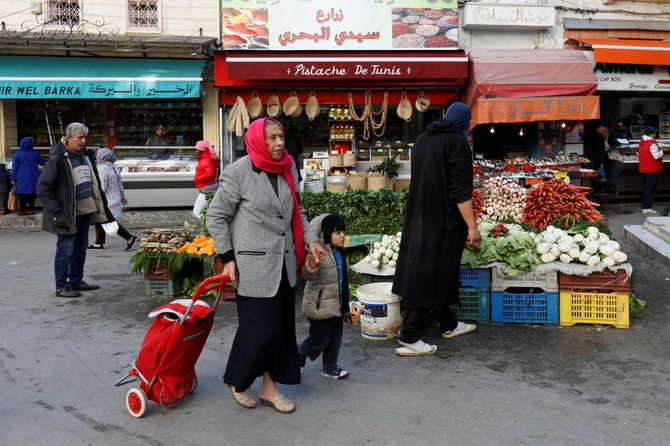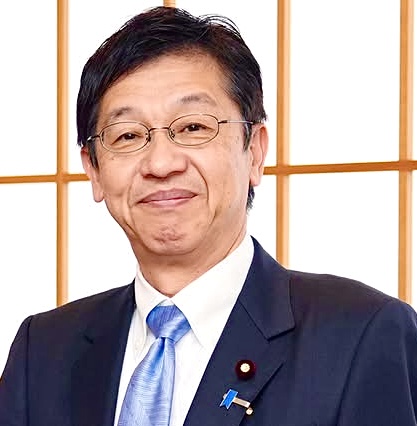TUNIS: Tunisia’s government plans to increase fuel and electricity prices, freeze public sector pay and impose new taxes next year in moves that could anger the powerful labor union, a budget plan seen by Reuters on Tuesday showed.
The measures seek to address a looming crisis in public finances, with the deficit and debt spiralling during the pandemic and political problems hindering prospects for an international rescue package.
The budget aims to reduce the deficit to 7.7 percent next year from 8.3 percent in 2021, though growth in the tourism-dependent economy is forecast to slow to 2.6 percent from 2.8 percent this year and inflation to rise to 7 percent from 5.7 percent this year.
The proposal would require financing of 23 billion dinars ($8 billion) compared to 21 billion dinars this year, the budget document showed.
President Kais Saied, who seized most powers in July in moves his foes call a coup, can approve the budget plan without recourse to the elected parliament that he has suspended.
The government envisages its measures, which include raising tax on tobacco, will boost revenue by around 3.5 billion dinars ($1.22 billion).
Previous efforts to reform Tunisia’s public finances have run up against opposition from the powerful labor union, which opposes any cuts that would impact workers or the poor and wants to prioritize fighting corruption.
Ratings agencies have downgraded Tunisia, and Central Bank Governor Marouane Abassi has warned it could face a Venezuela-style scenario if it attempts to finance its deficit and debt repayments internally.
The government of Najla Bouden, who was appointed in September, has initiated talks with the International Monetary Fund (IMF).
During previous talks before Saied’s July intervention, the fund said Tunisia needed to agree on a package of credible economic reforms in return for assistance, and lenders have said Saied must return to a normal, inclusive constitutional order.
Last week, more than four months after he seized power, Saied announced a political roadmap including a referendum on a new constitution and fresh parliamentary elections. It is not clear how far that will assuage lenders’ concerns.
Meanwhile, internal opposition to some of his moves has solidified among political parties and the labor union and could be expanded by a budget that freezes pay, raises taxes and cuts subsidies.






















